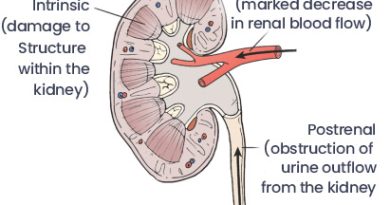Types of Dietitian Specialisations
A dietician is a nutrition expert who helps promote a healthy way of living through proper eating habits. Before a person becomes a registered dietician, he or she needs to finish a bachelor’s degree, undergo an internship, and pass a licensee examination. A dietician may take additional courses in order to specialize in specific areas including:
- The clinical dietician can be found working not only in hospitals but also in facilities with nursing care. The dietician work along with health professionals (doctors, nurses, occupational therapists, and social workers) in coordinating medical findings and the nutritional requirements of a patient. A dietician works on a therapy of medical nutrition for patients. A clinical dietician may work in the management of patients with excessive weight or patients who are critical, or patients with renal diseases, or diabetes. The clinical dietician also assists in the management of food service departments.
- The Community dietician works with worldwide health organizations, public health groups, daycare centers, resorts, health clubs, and clubs in coming up with an effective program for nutrition. This dietician gives advice to an individual or a group of individuals and educates them on proper nutritional habits which will help in the prevention of diseases. Community dieticians may also work with some agencies for home health, and visit and advise a household on the proper grocery shopping procedure. While at it, the dietician also informs the household on what and how to prepare foods for the elders, the children, and those with special needs. The home visitation is also made by a dietician to patients who are severely sick and cannot attend the consultation in the center or facility.
- The Gerontological dietician is specialized in working out a diet and nutritional plan for the elderly. This dietician works in aged nursing homes and care facilities.
- The Pediatric dietician gives health advice to young people under 18 years of age.
- The Food service dietician takes part in planning and providing food for a large number of people such as in schools, cafeterias, restaurants, and prisons. Part of this dietician’s work is to assess, plan and coordinate the food services and processes with a health care facility. A Food service dietician also sees the nutrition and operational management of the kitchen and delivery staff including assistants and aides.
- The Research dietician is involved in research related to diets, foods, and nutrition. These researches are performed usually in hospitals and research facilities to gain awareness about aspects of food provision and preparation which is critical to the health of the patient. The research dietician also works on how the quality of dietetics may be improved.
- The Consultant dietician may either work in private practice or be contracted to health care associations and facilities. The dietician screens a client according to nutrition concerns and gives essential counsel on concerns relating to diets like losing weight and reducing cholesterol levels.
- The Administrative dietician manages a dietary department.
- The Business dietician work in companies that manufacture food and offer nutritional supplements as well as supplies used in tube feeding.



